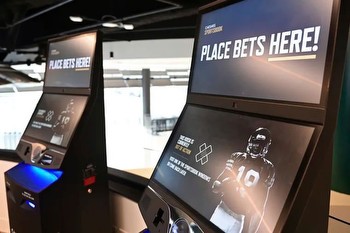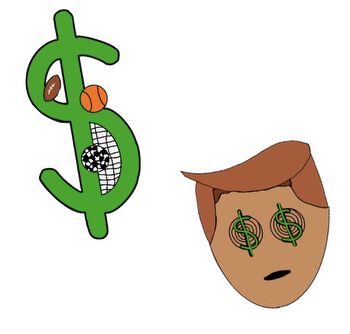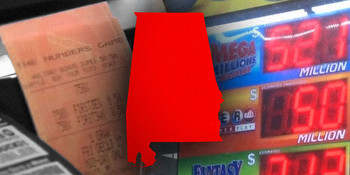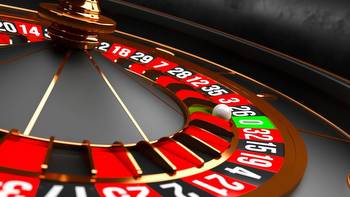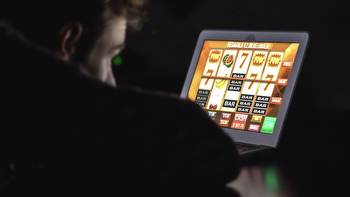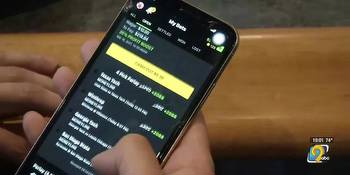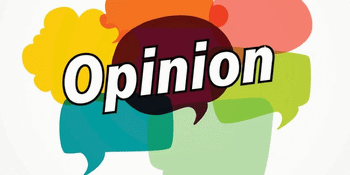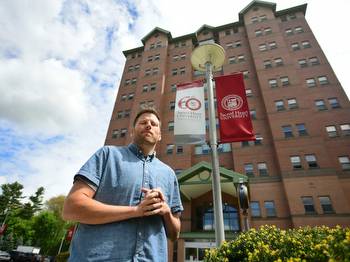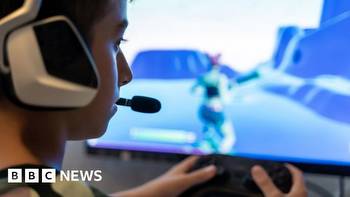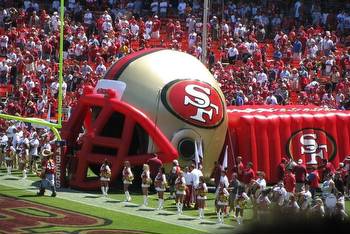The NCAA Has an Underage Gambling Problem
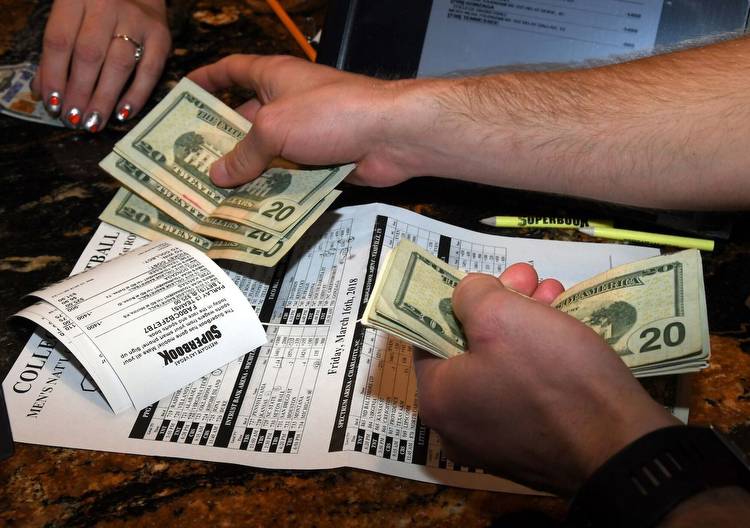
A successful quarterback knows when to gamble on the field. Hunter Dekkers, the starting quarterback for the Iowa State Cyclones last year, also learned how to gamble off the field, according to the authorities.
Earlier this month, a criminal complaint contended that he disguised his identity while placing 366 bets at the DraftKings online sportsbook.
Perhaps the most problematic part of the accusations is that 26 of the bets were on Iowa State sporting events. The NCAA’s rules prohibit players from betting on any NCAA events, including their own.
But as college football season kicks off, what should be getting as much, if not more, attention is that most of the bets cited in the complaint were made before Dekkers turned 21, the legal age for sports betting in Iowa and most US states. He wasn’t alone: Four current or former athletes at the University of Iowa were charged on similar accusations last week.
It’s the kind of career-destroying behavior commonly associated with problem gamblers, growing numbers of whom can be found on campuses.
According to a recent NCAA survey of 3,527 individuals ages 18 to 22, 16% engaged in what the NCAA defines as “risky” betting behaviors. Notably, many, if not most, of those students aren’t of legal age to be making bets with regulated sportsbooks in the first place.
That’s both a legal and a public health problem — financial distress, depression and negative impacts on school and job performance are just some established symptoms. Yet rather than address underage, high-risk wagering on campus, the NCAA and member schools have spent the last few years more concerned with how to profit off the growing nexus between gambling and college sports.
Betting at school has always existed, but few students had ready access to bookies. The emergence of the internet and illegal gambling sites changed everything. Inclined students could now not only gamble when they liked, but they could do so from the privacy of their dorm rooms without the mitigating social pressures of parents, coaches and law enforcement.
By the early 2000s, colleges and universities recognized this was a serious and emerging issue.
Nobody, least of all the NCAA, should be surprised. Of the 18- to 22-year-olds it surveyed, 67% of those who live on campus are not only bettors but do so more frequently than other gamblers. Of those whom the NCAA identifies as engaging in “risky” behaviors, such as betting a few times a week or losing more than $500 in a day, the majority are using apps such as DraftKings.
Missing from the list of “risky” behaviors is underage gambling. It’s an ironic thing to leave out, considering that a student-athlete like Dekkers risked his scholarship and role as a starting quarterback to make bets worth a total of $2,799, according to the complaint.
That sounds like risky business to me.
The data, which was collected across all 50 states and Washington, DC, also isn’t broken down geographically — even though only four US states, plus Washington, DC, allow 18-year-olds to place bets with regulated, nontribal sportsbooks (unregulated offshore sportsbooks are more permissive).
Finding out more about underage gambling should be a priority for the NCAA. More to the point, it’s worth asking what, if any, role it and member schools played in fostering it.
In 2020, Colorado State entered into a multiyear sponsorship agreement with the online sportsbook PointsBet; other schools followed with their own sportsbooks partnerships that raised the profile of gambling, especially on campus. For example, at Louisiana State University, Caesars Sportsbook had the right to advertise in the football stadium. The ads aren’t helping underage gamblers: According to the NCAA’s survey data, of those 18- to 22-year-olds who have seen or heard gambling-related advertising, more than half say it’s made them more likely to gamble.
Data like that has spooked regulators, legislators and even some sportsbooks. In March, the American Gaming Association, a trade association, announced a new marketing code that — among other steps — prohibits college partnerships like the one with Colorado State. Though it’s questionable as to how effective steps like these might be in stemming the growth of underage sports gambling, they certainly won’t boost it.
Fortunately, the NCAA also has influence over athletes and students. For starters, rather than view gambling — especially on apps — as an opportunity, the association and its members should begin to treat it as a threat to students’ and athletes’ mental health and future prospects. To follow through, it should seek to prohibit gambling advertisements from all NCAA-sanctioned televised events. It also needs to invest more in gambling education and counseling resources, especially for athletes. Too many NCAA programs complain that they can’t keep up with the changing regulation landscape, especially as it varies between states.
Ultimately, the NCAA and its member schools must decide whether they can serve as a gambling watchdog, addiction counselor and partner to gambling companies. Many sportsbooks are vested in ensuring their products and services don’t lead to more damage on campus. If their money, partnerships and knowledge can be harnessed to address public health issues, the NCAA should seek to work with them. But that’s a tricky bet and one that a growing number of teenagers are at risk of losing.
• NIL Deals for College Athletes Should Be Transparent: Adam Minter
• Sports Betting Is Great for Women Athletes: Adam Minter
• Ivy League Schools Sure Look Like a Cartel: Stephen L. Carter
This column does not necessarily reflect the opinion of the editorial board or Bloomberg LP and its owners.








